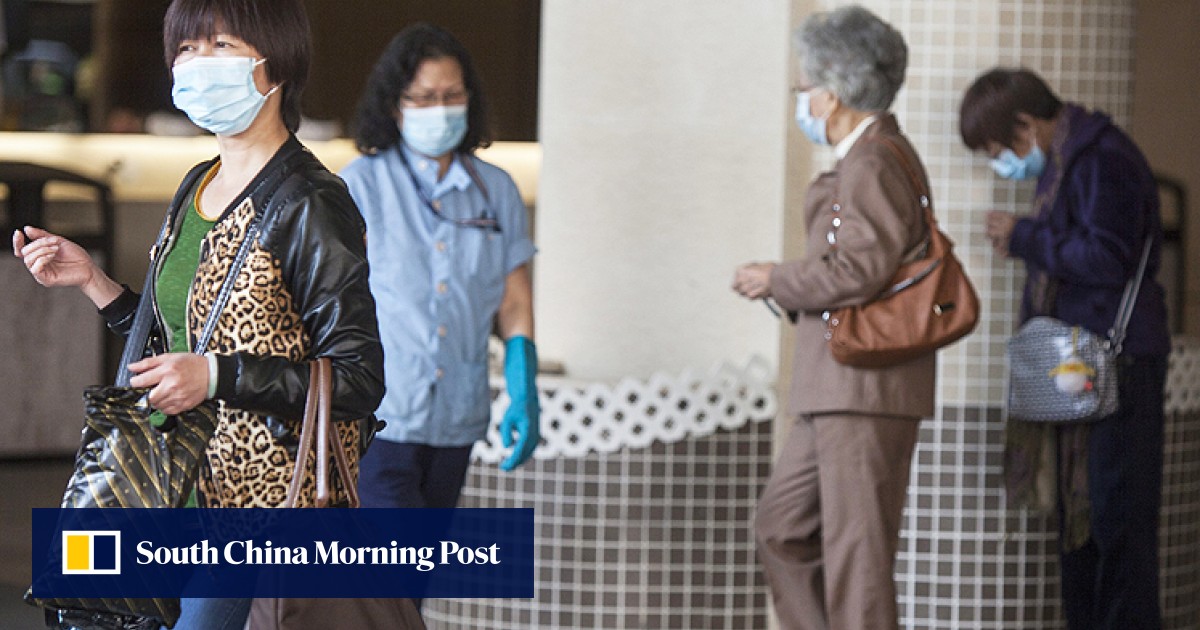Health authorities have confirmed a rare case of H9N2 avian flu human infection in the city.
The infected patient, an 86-year-old male from Shenzhen with a history of underlying illness, is now in a stable condition at North District Hospital in Sheung Shui. He is scheduled for transfer to Princess Margaret Hospital.
The man arrived at the Lo Wu border crossing on Saturday suffering from chills, a cough and excess sputum.
He was taken by ambulance to hospital where he then developed a mild fever. His initial clinical diagnosis was a chest infection but a sputum test was positive for the virus.
Over 50 medical and ambulance workers at the hospital are under medical surveillance. His relatives in Shenzhen have not displayed symptoms of illness, according to the department of health.
The man is not believed to have handled, consumed or had direct contact with live poultry, nor has he been in contact with patients infected with avian flu.
The infected patient, an 86-year-old male from Shenzhen with a history of underlying illness, is now in a stable condition at North District Hospital in Sheung Shui. He is scheduled for transfer to Princess Margaret Hospital.
The man arrived at the Lo Wu border crossing on Saturday suffering from chills, a cough and excess sputum.
He was taken by ambulance to hospital where he then developed a mild fever. His initial clinical diagnosis was a chest infection but a sputum test was positive for the virus.
Over 50 medical and ambulance workers at the hospital are under medical surveillance. His relatives in Shenzhen have not displayed symptoms of illness, according to the department of health.
The man is not believed to have handled, consumed or had direct contact with live poultry, nor has he been in contact with patients infected with avian flu.



Comment